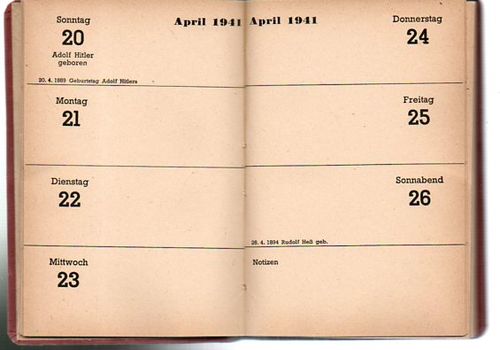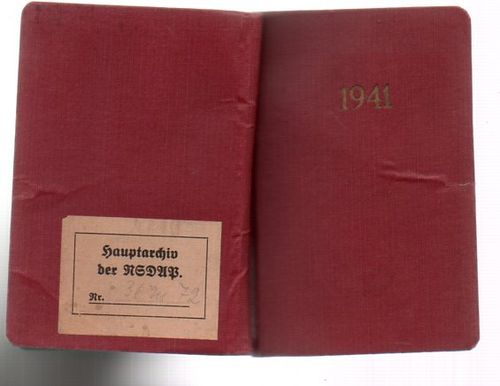JF Ptak Science Books --continuation of Post 298 from 2008

I've felt that a great history lesson for school kids would be to make them keep a diary for some other kid from some other time, introduce them to the minutiae of life from another time and perhaps another place. With some guidance they could make interesting entries in their diary for, say, 15 June 1897, writing about chores, the daily schedule, what they studied in school, how they were dressed, how they got food on the table and kept the house clean, how they would spend 25 cents, what they would see from some given vantage point, and on and on. This could take place in their very own home town; it could be multi-generational, requiring them to talk to the scary white hairs, or it could reach far back into history and be of an entirely different place altogether. After they were assigned a particular place in time and space, you could give the kid subtle hints, like this one (below), asking them what they thought it might mean by dialing the phone number 200 80 in Warsaw in 1941. And what did that pair of lightning bolts mean, anyway? I think that once they were made to figure it out for themselves, as though they might've been there, and then could record their feelings and observations in a diary might actually bring history to life (especially once they had their "holy crap" (and probably worse) moment at what these numbers implied).
This is one of the ideas that came home again uncovering this odd booklet, which is a Nazi diary for those stationed in the Generalgouvernement (Tascehnjahrbuch 1941 fuer den Deutschen im Generalgouvernement) , for the year 1941. The General Government (or more fully the Generalgouvernement für die besetzten polnischen Gebiete) was one administrative section of occupied Poland, the country being divided in 1939 after the German invasion of 3 September 1939, with the western section being retained by the Germans and the Eastern given over to occupation by the Soviets via the Non-Aggression pact between the USSR and Germany.1

This looks like an every day diary for the period, except for the Nazi (or NSDAP) regalia and German imprint of Generalgouvernement in Krakau. And, all of the annotated high points of the year for the most overly voracious parts of German militarism as well as for the hot points of Nazi history. Hitler, (above) Goering, Goebbels and other leaders' birthdays are highlighted, not to mention seminal points in the development of the Nazi party and party-adoptees (Richard Wagner has a number of entries for suggested celebrations).
There are also helpful directories in the back pointing to any number of cafes located in a growing number of "Adolf Hilter Platz's" throughout Poland (including three in Radom), as well as fares for the use of the railway and postal system.
We also see the following telephone number: 23075. That's for the Literarische Kaffee Stefansgasse I, Krakau. This is the location that the Reichsminister and administrator Hans Frank (about whom we'll read in a moment) decided to hold a chess tournament in 1941, to satisfy his own need for chess while freshly in the pursuit of the murder of millions of people.

‘Frank was extremely interested in chess. He not only possessed an extensive library of chess literature but was also a good player, and he even “received” the Ukrainian chess master Bogoljubow at the castle. On 3 November 1940 he organized a chess congress in Cracow. Six months later he announced the setting-up of a chess school under Bogoljubow and the chess master Dr Alexander Alexandrovich Alekhine, and he visited a chess tournament in October 1942 at the “Literary Café” in Cracow."--Hans Frank (subtitle: Hitlers Kronjurist und Generalgouverneur) by Dieter Schenk (Frankfurt am Main, 2006) "and quotes a reference to chess on page 177 (given below in our translation)..."[Source: Chesshistory.com., here.]
Continue reading here.




Comments